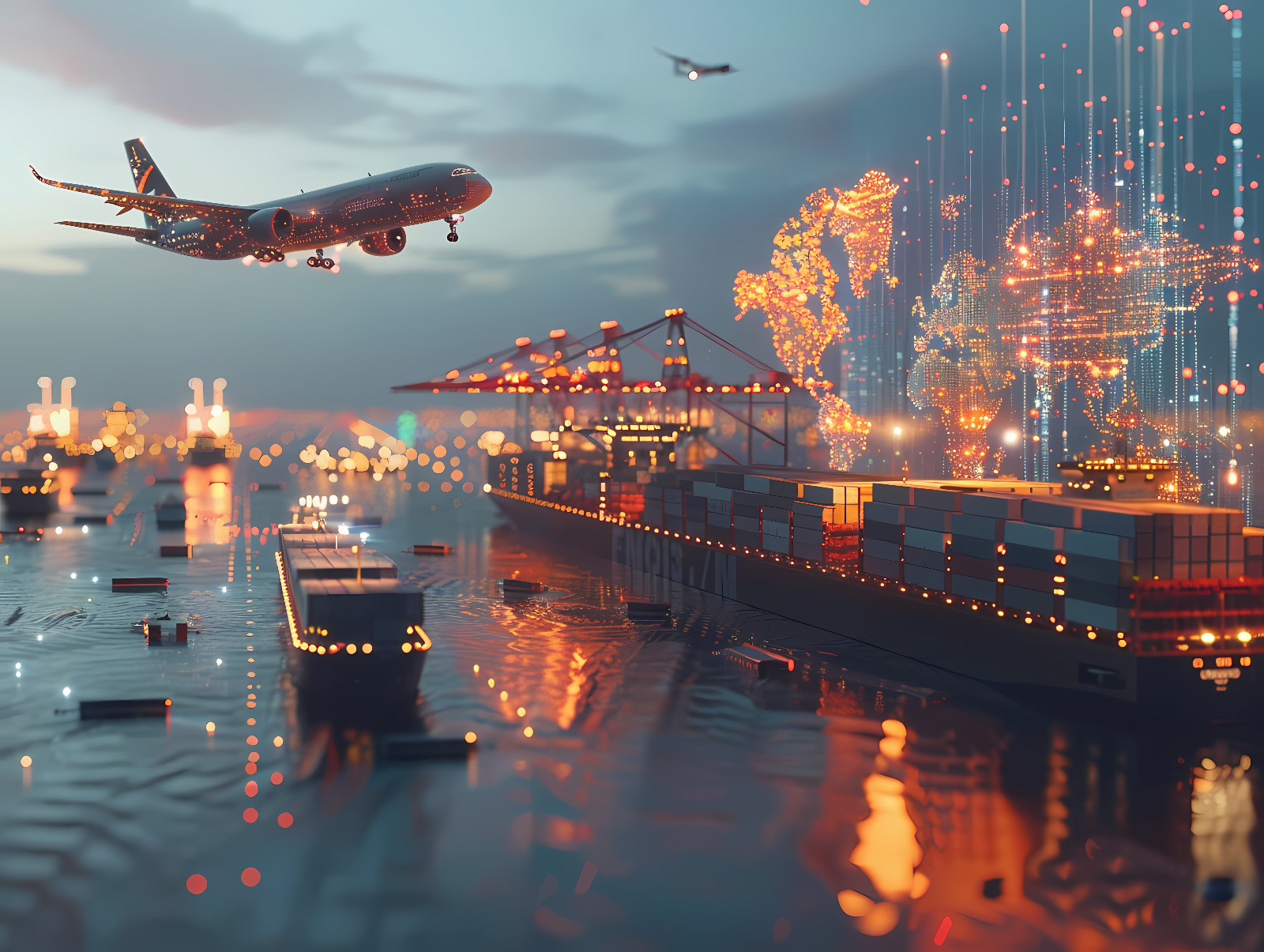AI-Powered Innovations Transforming Global Logistics
In today’s interconnected world, global logistics has become the backbone of commerce. From getting raw materials to factories to delivering online purchases to doorsteps, logistics plays a critical role in the global economy. However, this industry, long dominated by manual processes and reactive systems, is undergoing a radical transformation — thanks to Artificial Intelligence (AI).
The Need for Smarter Logistics
Traditional logistics networks are often plagued by:
- Inaccurate demand forecasts
- Inefficient routes and delivery delays
- Complex customs and documentation processes
- Lack of real-time visibility and tracking
As global trade scales, these inefficiencies become more costly. That’s where AI steps in — offering predictive, automated, and data-driven solutions to optimize the entire supply chain.
How AI Is Reshaping Logistics
- Predictive Demand Forecasting
AI algorithms analyze historical sales data, seasonal trends, and market variables to generate accurate demand forecasts. This helps businesses plan inventory better, reduce waste, and minimize stockouts.
- Smart Route Optimization
AI-powered systems can calculate the most efficient delivery routes by factoring in traffic, weather, fuel costs, and delivery windows. This leads to faster deliveries, lower emissions, and reduced operational costs.
- Warehouse Automation
Robotic process automation (RPA) and AI work together in warehouses to handle picking, sorting, and packing. Machine vision enables accurate inventory tracking, while AI systems optimize storage space and layout.
- Real-Time Shipment Tracking
AI integrates GPS and IoT sensor data to provide real-time visibility into shipments. Logistics managers can proactively address delays or disruptions, improving customer satisfaction.
- Fraud Detection and Compliance
AI tools can scan logistics documents for errors, inconsistencies, or fraud. They also help ensure compliance with international trade regulations and customs documentation.
A Global Shift
From North America to Asia, logistics providers and e-commerce giants are adopting AI technologies to meet the demands of modern consumers and global markets. AI helps companies:
- Reduce costs
- Improve operational efficiency
- Increase reliability
- Deliver better customer experiences
The Road Ahead
As technologies like machine learning, computer vision, and autonomous vehicles mature, the logistics industry will continue evolving. Future innovations may include:
- Autonomous last-mile delivery drones
- AI-assisted customs clearance systems
- Self-healing supply chains powered by predictive analytics
Conclusion
AI is no longer a futuristic concept in logistics — it’s a present-day necessity. Organizations that embrace AI-driven logistics will not only gain a competitive edge but also pave the way for a more sustainable, agile, and intelligent global supply chain.
Companies like Progient Labs are at the forefront of this transformation, offering innovative AI solutions that help businesses streamline operations, reduce costs, and deliver superior customer experiences across the globe.



